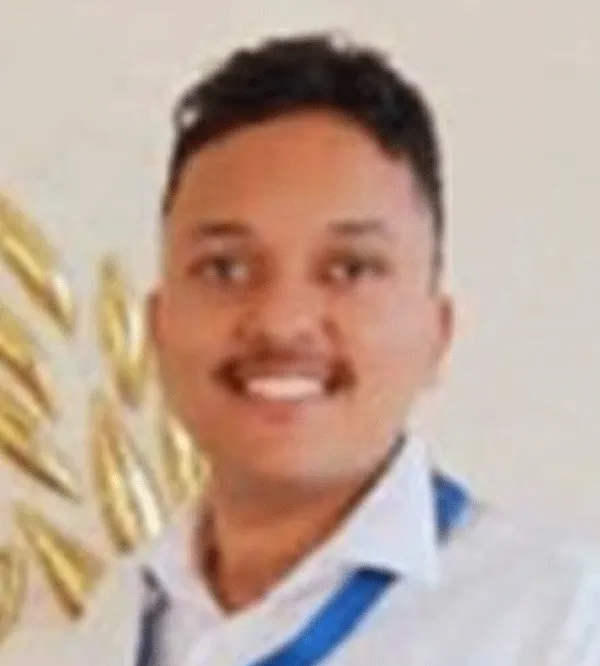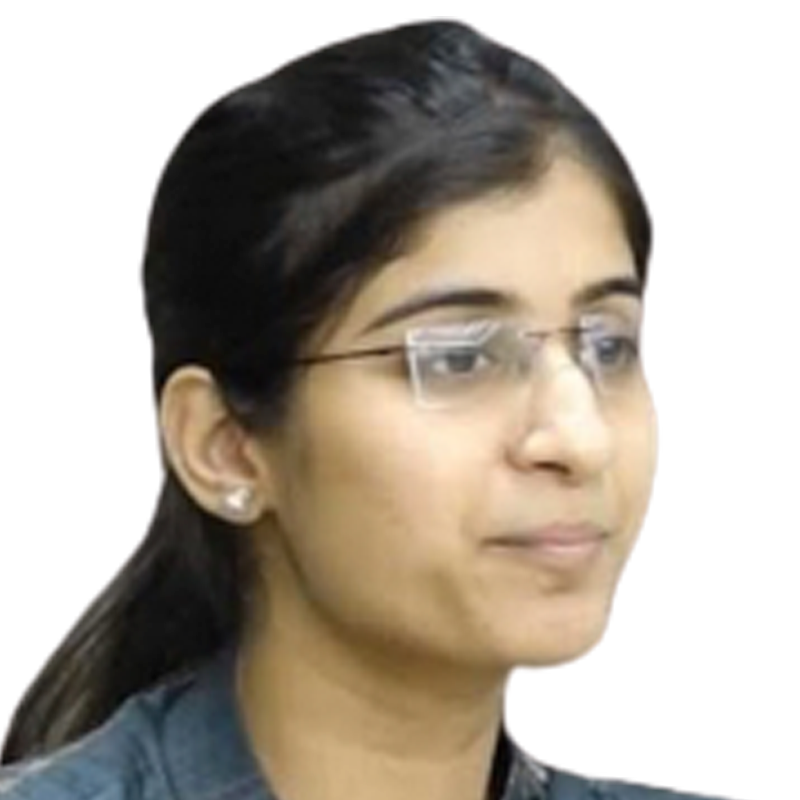Today's toppers were yesterday's aspirants. They don't do different things. They just do the right things differently. Toppers’ Corner is your place to discover the SUCCESS MANTRAS of the toppers. Explore their stories, strategies, analyze their copies, see how they achieved top scores, their profile, and more!

P K SIDHARTH
AIR-4 | 2023

NAUSHEEN
AIR-9 | 2023

MEDHA ANAND
AIR-13 | 2023

AYAN JAIN
AIR-16 | 2023

ANSHUL BHATT
AIR-22 | 2023

SAURABH SHARMA
AIR-23 | 2023

ISHITA KISHORE
AIR-1 | 2022

GARIMA LOHIA
AIR-2 | 2022

UMA HARATHI N
AIR-3 | 2022
UPSC Success Blueprint: Optimizing Resources for Maximum Output by Sooraj KL, AIR-713, UPSC CSE-2023
Sooraj Kale, who secured AIR 713 in the UPSC Civil Services Examination 2023, shares his comprehensive preparation strategy. Here’s a detailed summary of his approach:
Background and Preparation Context
Sooraj emphasizes the importance of managing resources effectively, a skill crucial for future civil servants. He compares the resource crunch faced in government offices with the need to utilize minimal resources efficiently in UPSC preparation. The ability to adapt and make the best use of limited resources was demonstrated by administrative officers during the COVID-19 pandemic.
Prelims Strategy
- Knowledge and Presence of Mind: Sooraj highlights that while knowledge is crucial, presence of mind plays a significant role in tackling the Prelims. The 2023 paper reduced the reliance on elimination strategies, making it vital to combine knowledge with quick thinking.
- Resource Utilization: Despite the constant influx of new questions and sources, Sooraj advises focusing on core resources and maximizing their use. He cautions against believing in "magic strategies" and emphasizes genuine understanding and preparation.
Mains Strategy
1. Integration of Subjects:
- GS1: Focuses on history and geography, emphasizing factual accuracy and thorough revision.
- GS2: Stresses the need for brief, precise answers, incorporating constitutional and legal perspectives.
- GS3: Advocates for data-heavy responses, using reports, case studies, and current events.
- GS4: Suggests integrating ethical dimensions from GS4 into answers for other GS papers where applicable.
2. Effective Note-Making:
- GS1: Sooraj recommends active recall and breaking down subjects into manageable parts.
- GS2: Emphasizes precision and adherence to constitutional guidelines.
- GS3: Advocates for incorporating data, reports, and case studies.
- GS4: Suggests using practical examples and maintaining clarity and confidence in answers.
3. Answer Writing Practice:
- Active Practice: Sooraj stresses the importance of consistent answer writing, especially after prelims. This builds confidence and improves articulation.
- Use of Previous Year Questions (PYQs): Incorporating PYQs into practice to understand the question patterns and expected answers.
Essay Strategy
- Clear Interpretation: Sooraj warns against deviating from the topic and emphasizes the importance of clear and direct responses to essay prompts.
- Structured Approach: Recommends breaking down essay topics into multiple dimensions (economic, political, social) to cover all aspects comprehensively.
Interview Preparation
- Self-Discovery: Sooraj highlights the importance of understanding oneself, including personal reactions to stress and stimulus.
- Mock Interviews: Recommends taking mock interviews to reduce nervousness and gain a realistic understanding of the interview environment.
- In-Depth Knowledge: Advises gaining a deeper understanding of one’s background and current affairs.
Optional Subject - Anthropology
- Resource Utilization: Sooraj utilized books like "Ember and Ember" and "Sapiens" to gain a deeper understanding of anthropology.
- Integrated Study Approach: Combined coaching with self-study, using diverse literary sources to enrich his knowledge.
- Consistent Practice: Took test series and followed mentorship advice to refine his answers.
General Advice
- Resource Management: Emphasizes the importance of managing limited resources effectively.
- Continuous Learning: Treats every attempt as a learning experience, focusing on improving weaker areas identified in previous attempts.
- Plan B: Advises having a backup plan to ensure career stability.
Sooraj Kale’s methodical and resource-efficient approach, combined with continuous practice and integration of diverse resources, played a crucial role in his success in the UPSC Civil Services Examination.
































